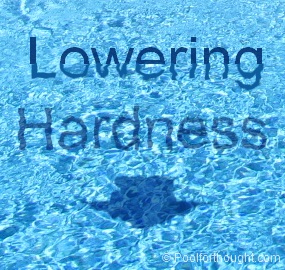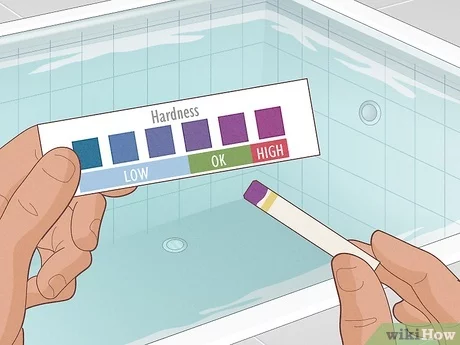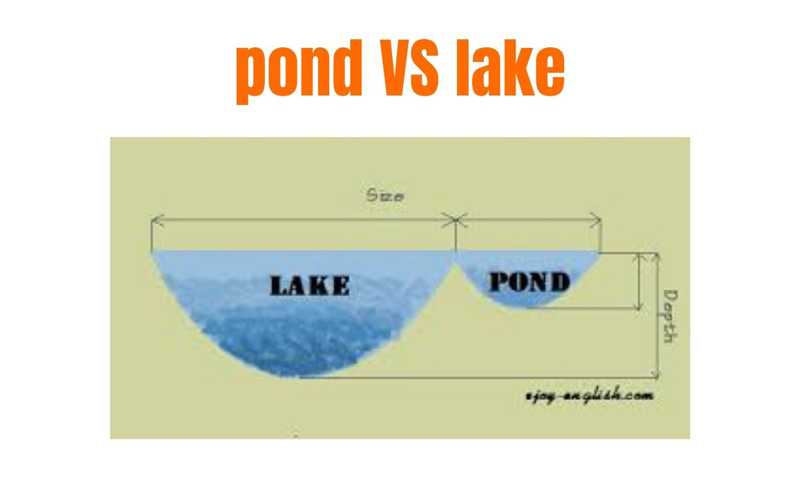Are you struggling with high pool water hardness levels? Excessive hardness in pool water can lead to various issues such as scale formation, cloudy water, and difficulty balancing the water chemistry. In this guide, we will explore effective methods to bring down pool hardness and restore your pool water to optimal levels.
Understanding Pool Hardness
Pool hardness, also known as calcium hardness, refers to the concentration of calcium and magnesium ions in the water. High levels of calcium hardness can result in scale formation on pool surfaces and equipment, while low levels can lead to corrosive water that damages the pool.
Signs Of High Pool Hardness
- Scale formation on pool surfaces
- Cloudy water
- Difficulty maintaining proper water chemistry

Credit: poolforthought.com
Methods to Reduce Pool Hardness
There are several effective ways to lower pool hardness levels and prevent issues associated with high hardness. Let’s explore some of the most common methods:
1. Dilution
One of the simplest ways to reduce pool hardness is through dilution. By partially draining the pool and refilling it with fresh water, you can effectively lower the concentration of calcium and magnesium ions in the water.
2. Reverse Osmosis
Reverse osmosis is a water treatment process that can help reduce pool hardness levels. By passing pool water through a reverse osmosis system, you can remove calcium and magnesium ions, effectively lowering hardness levels.
3. Water Softening Agents
Water softening agents are specially formulated chemicals that can help reduce pool hardness levels. These products work by binding to calcium and magnesium ions, preventing them from causing scale formation and other issues.
4. Ph Adjustment
Properly adjusting the pH of your pool water can also help reduce hardness levels. Maintaining a slightly lower pH can help prevent calcium ions from precipitating out of the water and forming scale.
5. Use Of Sequestering Agents
Sequestering agents are chemicals that can help prevent scale formation by keeping calcium and magnesium ions in solution. Adding sequestering agents to your pool water can help maintain optimal hardness levels.

Credit: www.wikihow.com
Tips for Preventing High Pool Hardness
Prevention is key when it comes to managing pool hardness. By following these tips, you can help prevent hardness issues and maintain balanced pool water:
1. Regular Water Testing
Regularly testing your pool water for hardness levels can help you stay ahead of any issues. By monitoring hardness levels, you can take proactive steps to prevent high hardness before it becomes a problem.
2. Proper Pool Maintenance
Regular pool maintenance, including cleaning and balancing the water chemistry, is essential for preventing hardness issues. By keeping your pool clean and properly maintained, you can help avoid scale formation and other problems.
3. Use Of Quality Pool Chemicals
Using high-quality pool chemicals, including calcium hardness reducers and sequestering agents, can help maintain optimal hardness levels. Investing in quality products can save you time and money in the long run.
4. Monitor Calcium Hardness Levels
Keep a close eye on your pool’s calcium hardness levels and take action if you notice any significant changes. By monitoring hardness levels regularly, you can prevent issues before they escalate.
Conclusion
Managing pool hardness is essential for maintaining a clean and safe swimming environment. By following the methods and tips outlined in this guide, you can effectively reduce pool hardness levels and prevent issues such as scale formation and cloudy water. Remember, prevention is key, so be proactive in monitoring and maintaining your pool water hardness levels.


